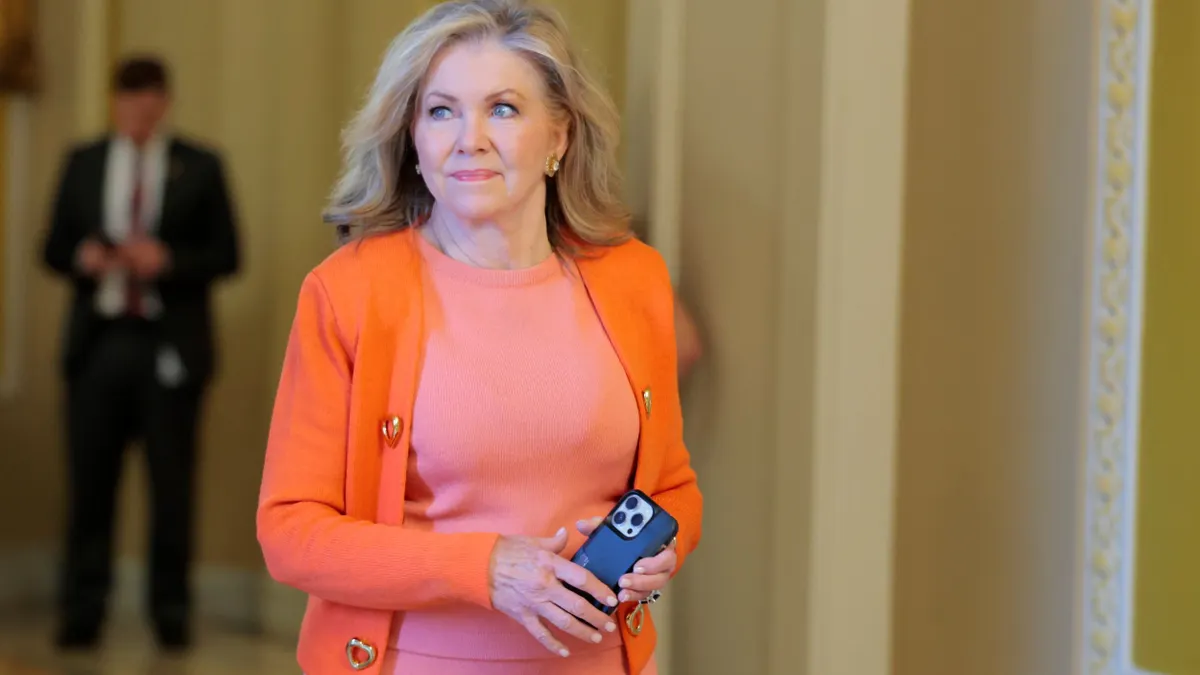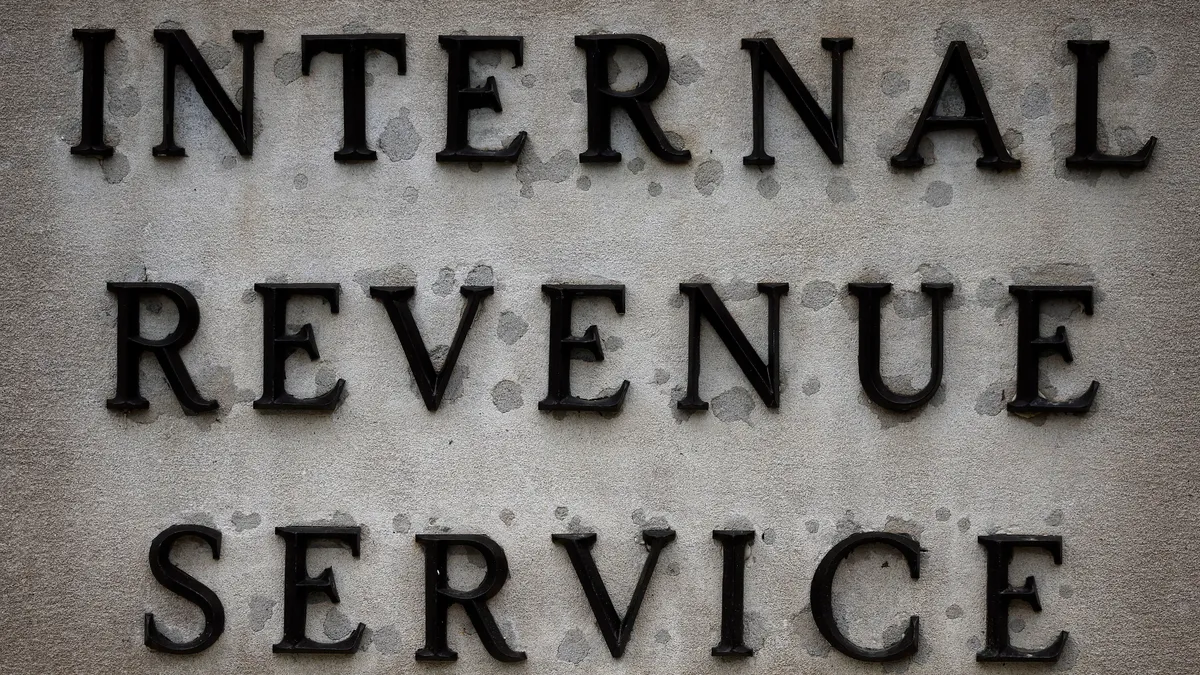Charles Freund’s role as business liaison in the months leading up to FLEETCOR’s IPO in 2010 paved the way for his rise to CFO last year, even though he had never held a finance job in the company, he said this week in a CFO Thought Leader podcast.
Freund joined spend-management company FLEETCOR in 2000 after a stint as a consultant helping companies link executive compensation to performance. When he arrived, the company was generating about $30 million in annual revenue and teetering on bankruptcy.
Today, it’s an S&P 500 company with $2.6 billion in annual revenue, driven by organic growth in its recurring revenue model and inorganic growth through an aggressive acquisition strategy in Mexico and other developing market areas Freund helped lead.
The company’s pre-IPO years were the crucial starting point for his development as a finance leader because of the insight he gained helping prepare the company to go public.
“My role was to educate the bankers and advisors about FLEETCOR, what we do, how our products work, how we make money,” he said. “In conjunction with that, I helped to draft large portions of our S-1 registration document, which educates the broader public on FLEETCOR, and it's kind of the precursor to the 10-K form, so that got me familiar with what’s involved in annual reporting and the requirements there.”
The capital raising process helped his development, too, he said, by putting him in the middle of one of the CFO’s crucial functions.
“I participated in the roadshow with our CEO and former CFO,” he said. “[I got] a chance to understand the process, the key players involved and the do's and don't's [of] communicating with prospective or existing investors.”
Communicating the company’s business to bankers, investors and analysts required him to know at more than a superficial level all aspects of the business, he said. “That really deepened my understanding.”
Budget insight
Post-IPO, he was appointed group president of the company’s developing markets, giving him a central role in expanding FLEETCOR’s footprint in Mexico, Brazil, Australia and New Zealand.
“I went from zero employees to over 1,000 in about two years,” he said. “That experience operating all those businesses, across these diverse geographies, gave me an appreciation for their unique business models, product offerings, distribution channels, approaches, competitive landscapes, even the regulatory environments.”
As group president, he was also in charge of the budgeting, planning and forecasting processes for that part of the company’s portfolio, experience that would be invaluable when he became CFO.
“I would get the directions from corporate finance and then I’d have to organize the troops to pull it all together,” he said. “I know what the receiving end of corporate finance is like, so now that I sit as the CFO, I’m sensitive to the business constraints, timeframes. That allows me to straddle the fence, so to speak, with that line of business experience.”
He also knows how business leaders use the budget to protect their goals, he said. “I know where lines of business people hide money in their budgets, because I played that role.”
Haywire metrics
FLEETCOR is a recurring-revenue company that uses an automated, cloud-based platform to front money to clients so they can manage their bill-paying to their best advantage. The model faced uncertain terrain during the pandemic.
“We tightened our credit policies,” he said. “Are our people going to survive? I can’t underwrite if they’re not going to make it.”
By many measures, the company is back to its pre-pandemic state, and, in some respects, is exceeding past performance.
“Retention has been a shining star,” he said. “It’s been great through COVID-19. Customers didn’t leave us or stop using the products; they just used them less. But we just reported 94% retention last quarter. It bodes well for future organic growth if you retain more of the base.”
New business and what the company calls same-store sales — the amount a client spends compared to previously — are also mostly back to where they were, but they struggled in the early months of the pandemic.
“Same-store sales went haywire,” he said. “ Normally they’re plus or minus 2%, but in Q2 of 2020 they dropped 18% on the entire portfolio.”
Freund said he’s closely watching the recovery of airlines, cruises and other hard-hit industries.
“Maybe they mandate the vaccines and the cruise lines go out,” he said. “Are international borders going to open? Is international air travel catching up quite as fast? Unclear.”
Systems transformation
With businesses mostly stabilized, Freund is looking ahead at the company’s back-office operation, built out of legacy systems it cobbled together from some 90 acquisitions over 20 years.
“I’m cleaning up the chart of accounts around the world, so they all speak the same language,” he said. “We’re going to implement a global planning tool this year, transitioning off of a legacy ERP system and have plans over the next three years and to reduce the number of enterprise resource planning (ERP) systems, many of which we inherited through acquisitions, sourcing new tax software for next year, and I have 4-5 HR systems. So, I have plans to reduce that footprint over time, move down to three next year.”
The insight he gained in his career at the company in operational rather than finance roles, and what he learned from the pandemic’s impact on the business, will likely help him as he designs and operationalizes the new systems.
“I never really envisioned myself as a CFO,” he said, “but during my tenure here I’ve had a lot of experiences and challenges that helped prepare me.”





















